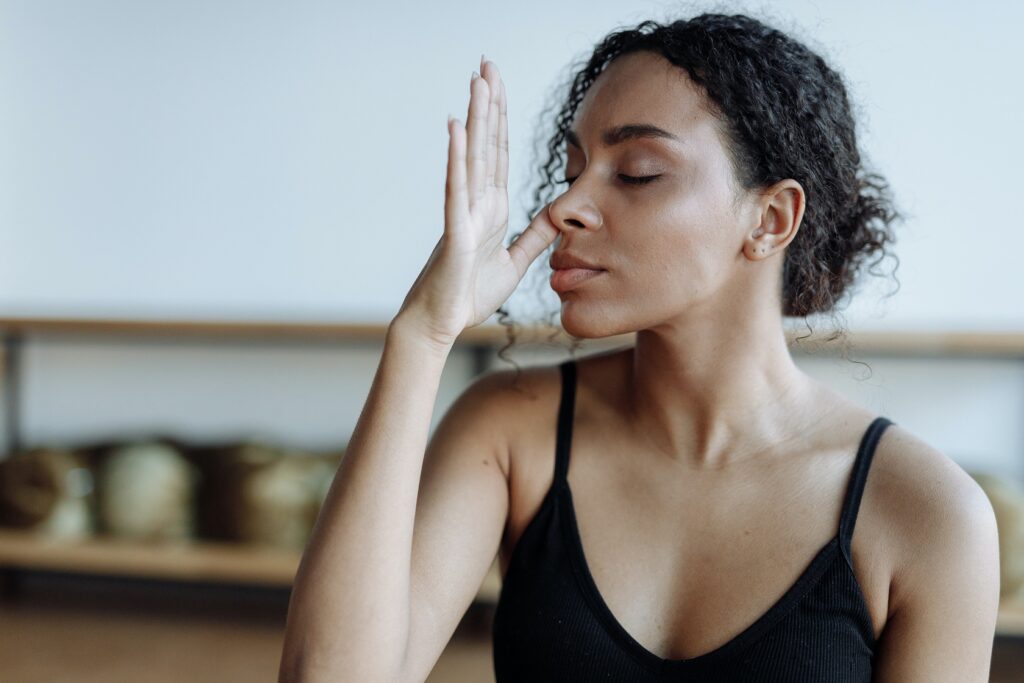How to breathe properly while meditating

How to breathe properly while meditating
Breathing is perhaps the most vital activity we perform on a regular basis. Breathing not only helps to keep us alive, but it also plays an integral role in our mental and emotional well-being. As such, it’s vitally important that we breathe correctly. But how do we breathe properly? The answer lies in understanding the various stages of breathing, as well as understanding their purpose. This article discusses everything from the pros and cons of breathing through your nose versus your mouth, to the best ways to breathe for relaxation and stress relief.
What is Breatying?
Breathing is the process of air passing in and out of the body during sleep, while awake, and while under stress. While breathing occurs naturally in all mammals, breathing is an incredible habit that can be practiced by anyone. In fact, it is estimated that only 10% of the world’s population breathes properly. When we breathe, the diaphragm, the large muscle at the bottom of the ribcage, moves down, pushing air into our lungs. At the same time, the ribcage expands upwards, creating pressure in the lungs and pushing air out of the body. The diaphragm is like a lever that controls the amount of air that enters and exits our lungs.
Why Is Breathing Important?
Breathing is vital for many reasons. First and foremost, it is an essential part of our cardiovascular and respiratory systems. Without breathing, we would die almost instantly. This is because breathing is how we take in oxygen and expel carbon dioxide, which are the two gases that make up 99% of the air in our bodies. By breathing properly, we can regulate our body temperature, intake of calories, and intake of nutrients. Moreover, regulation of body temperature is particularly important for people who work in occupations involving physical labour, such as construction workers and farmers. Additionally, breathing is what keeps our heart, blood vessels, and brain oxygenated. If we stop breathing, the blood will start to accumulate in our organs, including our lungs, causing us to feel lightheaded and unwell.
How to Breathe Properly
The first step is to understand the 4 stages of breathing. The stages of breathing are inhalation, exhalation, relaxation, and retention. Inhalation happens when the abdomen, or bellies, expands and pushes air into the lungs. Exhalation happens when the lungs contract, pushing air out of the lungs. Relaxation occurs naturally when you’re under stress, but is a key part of breathing to get your mind off of your troubles. Finally, retention is the final stage during which you breathe out a small amount of air while you fill your lungs with air from the bottom.
The 4 Steps of Breathing
Now that you understand the stages of breathing, it’s time to learn about the 4 steps of breathing. The goal of these steps is to help you understand your breathing and use your breath to relax and manage your stress. The first step is to practice diaphragmatic breathing. Diaphragmatic breathing is when you consciously use the diaphragm to pull air into the lungs. Next, you’ll perform intercostal breathing, where you breathe between the ribs.
When Should You breath Through Your Nose?
Breathing through your nose has a few advantages over breathing through your mouth. The most important reason to breathe through your nose is that it maximizes the amount of oxygen that you inhale. When you breathe through your mouth, only 30% of the air you inhale is actually oxygen. By breathing through your nose, you increase that percentage to over 90%. When you breathe through your nose, the air you inhale is much cleaner than if you breathe through your mouth. Therefore, you’re less likely to get sick from the air you’re breathing in, and you’re also likely to feel more relaxed. This doesn’t mean that you should breathe through your nose at all times. If you’re in a room with a lot of pollution, or you have a cold, then breathing through your mouth is actually better for your health.
When Should You breath Through Your Mouth?
Although it’s true that breathing through your mouth is better for health than breathing through your nose, there are times when you may want to breathe through your mouth. The most common scenario for this is if you smell something that you enjoy or if you’re in a particularly stressful situation. Another scenario where you may want to breathe through your mouth is if you’re breathing in any form of toxic gas. Obviously, breathing these types of air through your nose is dangerous and unhealthy. Don’t be concerned if you find yourself breathing through your mouth from time to time. There’s no need to feel embarrassed by it, as it’s completely normal and nothing to be ashamed of.
Conclusion
While breathing may seem like a simple and straightforward activity, it actually plays an important role in our lives. If we understand the stages of breathing and how they affect us, we can breathe properly to maximize our health and well-being. It’s important to remember that breathing is an essential part of life. If you’re not breathing properly, you’re not getting the nutrients and energy you need to function properly. However, if you understand how to breathe properly, you can relax and focus on other activities that are more enjoyable.




